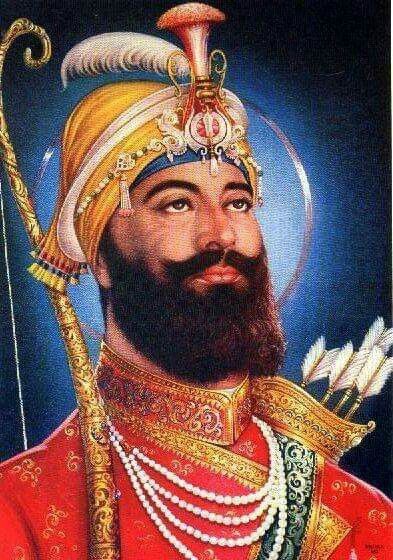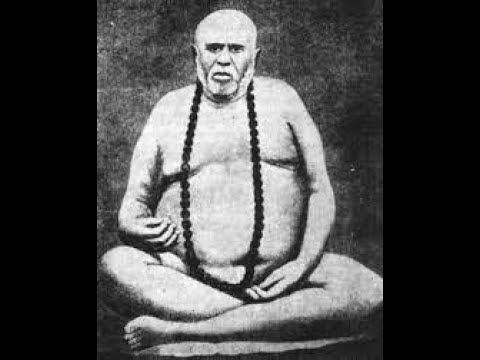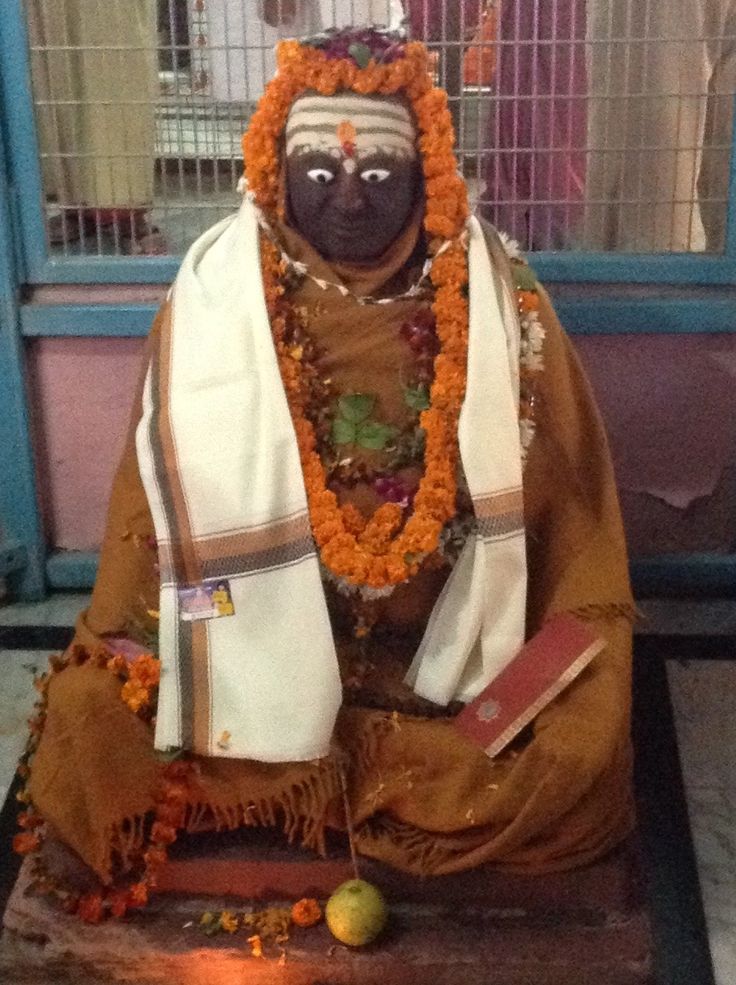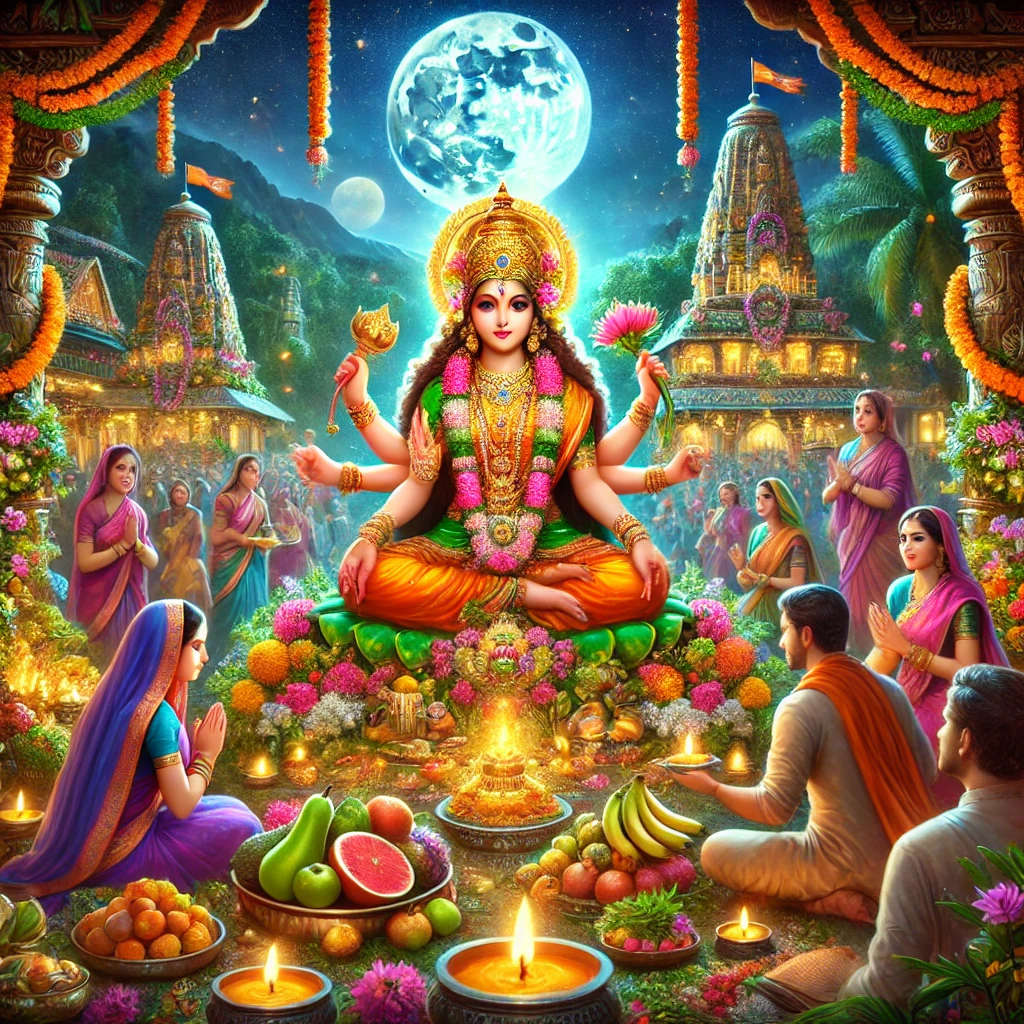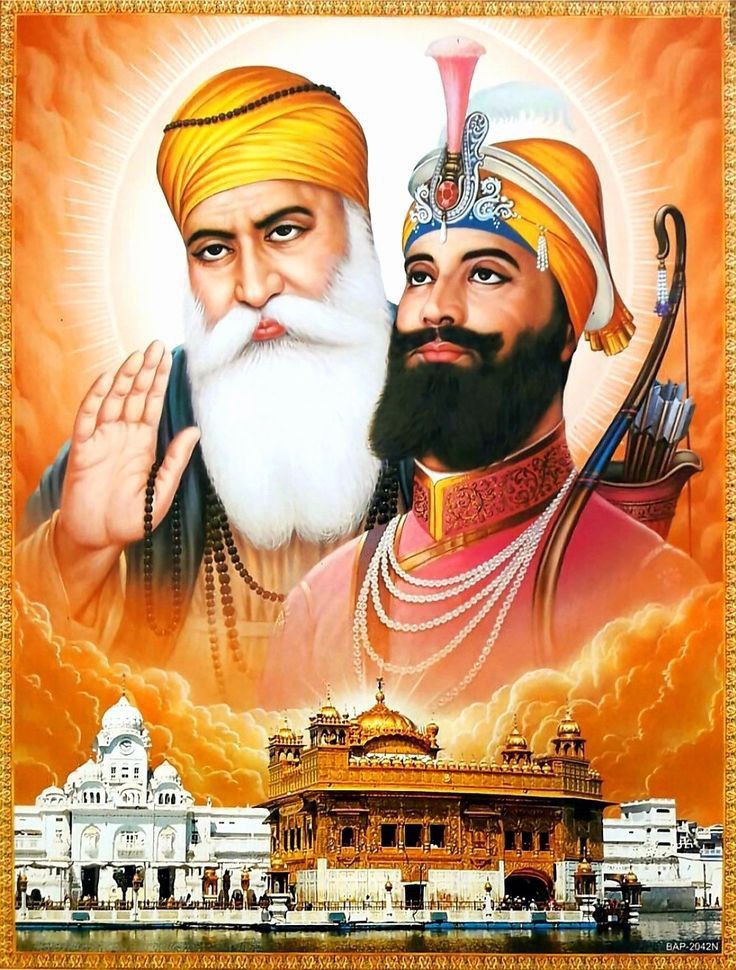Guru Gobind Singh Jayanti : Sikh Guru
Introduction :
The birth anniversary of Guru Gobind Singh Ji, the tenth and final Sikh Guru, is commemorated on Guru Gobind Singh Jayanti, one of the most significant religious observances for Sikhs worldwide. Guru Gobind Singh, a spiritual leader, combatant, poet, and philosopher, was born in Patna, Bihar, in 1666. His life and teachings continue to influence the Sikh faith and culture at this time. The celebration of Guru Gobind Singh Jayanti is a time to reflect on his unparalleled contributions to Sikhism and the defense of religious freedom and justice, which are commemorated with great devotion and enthusiasm.
Early Life of Guru Gobind Singh Ji
Guru Gobind Singh was born as Gobind Rai to Guru Tegh Bahadur, the ninth Guru of Sikhism, and Mata Gujri. From a tender age, he demonstrated a profound sense of compassion and justice. His father, Guru Tegh Bahadur, was a guiding influence who instilled in him the values of courage and virtue. In 1675, Guru Tegh Bahadur was martyred by the Mughal Emperor Aurangzeb for his opposition to religious persecution. Nevertheless, this event occurred. Guru Gobind Singh’s existence would be significantly altered by this event. The tenth Sikh Guru, Guru Gobind Singh, was officially consecrated at the age of nine, following the martyrdom of his father.
Guru Gobind Singh, despite his youth, promptly assumed his responsibilities, unwavering in his dedication to the protection of the rights and dignity of his populace. He devoted his life to the defense of religious freedom, the unification of his followers against tyranny, and the establishment of Sikhism as a distinctive spiritual and cultural community.
Khalsa Formation
One of Guru Gobind Singh’s most significant contributions was the establishment of the Khalsa in 1699. This event is likely his most enduring legacy and represents a critical juncture in Sikh history. During a period of widespread religious oppression, Guru Gobind Singh acknowledged the essentiality of uniting his adherents under a shared identity that encompassed both spiritual and temporal authority.
During the Vaisakhi festival in 1699, Guru Gobind Singh gathered thousands of Sikhs at Anandpur Sahib. He encouraged his followers to stand and raise their heads as a testament to their unwavering devotion to their Guru and God. The Panj Pyare, or the Five Beloved Ones, were the collective name given to five volunteers who approached one another. Guru Gobind Singh subsequently initiated them into the Khalsa, a group of baptized Sikhs who are committed to the preservation of justice, the defense of the subjugated, and the pursuit of a disciplined life in accordance with Sikh principles. In appreciation of their fortitude and resilience, he bestowed upon them the surname Singh, which translates to “lion,” and required that all Sikh women acquire the surname Kaur, which translates to “princess.”
The initiation ceremony, Amrit Sanchar, involved the churning of sweetened water with a double-edged sword, which represented both spiritual delicacy and martial valor. In addition to embodying the principles of humility, service, and justice, the Khalsa were combatants who were prepared to defend the innocent and resist tyranny with arms if necessary. This unique blend of spiritual devotion and warrior ethos was the defining characteristic of the Sikh identity.
The Philosophy and Teachings of Guru Gobind Singh
Guru Gobind Singh’s teachings are not limited to the martial values that are frequently associated with him. He was a prolific poet and writer, and his works are renowned for their philosophical and literary profundity. Through his writings, he communicated the fundamental principles of Sikh spirituality, as well as the principles of compassion and righteousness.
One of Guru Gobind Singh’s most renowned works is the Dasam Granth, which is a compilation of his philosophical writings and poetry. The Dasam Granth is a collection of hymns, autobiographical compositions, and the impassioned Zafarnama, a letter that is addressed to Aurangzeb and condemns the emperor’s acts of injustice and deceit. Guru Gobind Singh’s conviction that a deity who prioritizes righteousness and abhors oppression is transcendent of religious affiliation was articulated through the Zafarnama.
Guru Gobind Singh’s teachings maintain that God is omnipresent and that devotion to Him should be free of dogma and ritualization. He emphasized the importance of a life that is defined by sewa (selfless service) and simran (meditation on God’s name), which are the cornerstones of the Sikh way of life. Sikhs continue to be inspired by his teachings to uphold their integrity, courage, and humility, as well as to respect others while following their convictions.
The Legacy of Guru Gobind Singh Ji
Guru Gobind Singh’s life and teachings have had an enduring impact that extends beyond his lifetime. His leadership was crucial in the development of a distinctive identity for the Sikh community, which was united by the Khalsa’s principles and ideals. Furthermore, he made a significant decision to designate the Guru Granth Sahib as the eternal Guru of the Sikhs, which is the Sikh sacrosanct scripture. He declared that the Guru Granth Sahib would be the Sikhs’ guide from that point forward, emphasizing the significance of the word of God over the opinions of any individual. This statement was issued prior to his death in 1708.
Guru Gobind Singh’s advocacy for religious liberty and social justice is a topic that resonates with individuals outside of the Sikh community. He was a proponent of a world in which individuals of all faiths could coexist peacefully, free from oppression and persecution. His life was a testament to his conviction that it is essential to consistently advocate for what is right, regardless of the challenges that may arise.
Celebrations and Observances of Guru Gobind Singh Jayanti
Sikh communities worldwide commemorate Guru Gobind Singh Jayanti with tremendous enthusiasm and devotion. Processions, kirtans (devotional chanting), and Akhand Path (continuous reading) of the Guru Granth Sahib are all included in the festivities. Sikhs attend Gurdwaras to participate in discourses, recitations, and prayers that are derived from the teachings of Guru Gobind Singh. The organization of special langars (community kitchens) that provide complimentary meals to all is a symbol of the spirit of equality and altruistic service.
During these celebrations, followers are encouraged to uphold Guru Gobind Singh’s principles by recounting stories of his compassion and courage. The traditional Sikh martial arts, Gatka, are frequently employed during processions to showcase the martial prowess that Guru Gobind Singh instilled in his followers. The festivities in Punjab, particularly in cities like Amritsar and Anandpur Sahib, are truly magnificent, attracting thousands of tourists and devotees..
The Message of Guru Gobind Singh in the Present Day
The message of justice, equality, and unity that Guru Gobind Singh conveyed is more relevant than ever in the modern world. His emphasis on the defense of the oppressed, the promotion of equality, and the practice of self-discipline is consistent with contemporary concerns. Those who aspire to make a positive impact in their communities are guided by the values of fortitude, resilience, and devotion to truth that he imparted in the Khalsa.
Guru Gobind Singh’s life serves as a prominent illustration of how to reconcile spirituality with social responsibility. His teachings inspire individuals to lead with integrity, protect the vulnerable, and maintain humility in the face of personal success. In a world that is frequently divided by religious and cultural differences, Guru Gobind Singh’s emphasis on respecting all religions and his vision of universal solidarity provide a potent antidote to intolerance and discrimination.
Conclusion
Guru Gobind Singh Jayanti is not merely a celebration of a significant historical figure; it is an opportunity to reaffirm one’s commitment to his principles and values. Guru Gobind Singh’s life and legacy serve as a reminder to all individuals, including Sikhs, to resist injustice, live with compassion, and pursue God in all aspects of life. His teachings continue to illuminate the path for Sikhs worldwide, motivating them to live lives of faith, courage, and honor.
It is a chance to reflect on the unparalleled legacy of Guru Gobind Singh, which transcends time and place, inspiring generations to live with integrity and compassion, as the world gathers to celebrate Guru Gobind Singh Jayanti. For those who are striving to create a more compassionate and equitable society, his message of unity, fortitude, and dedication to truth remains a source of inspiration.
Buy my books: Click here
